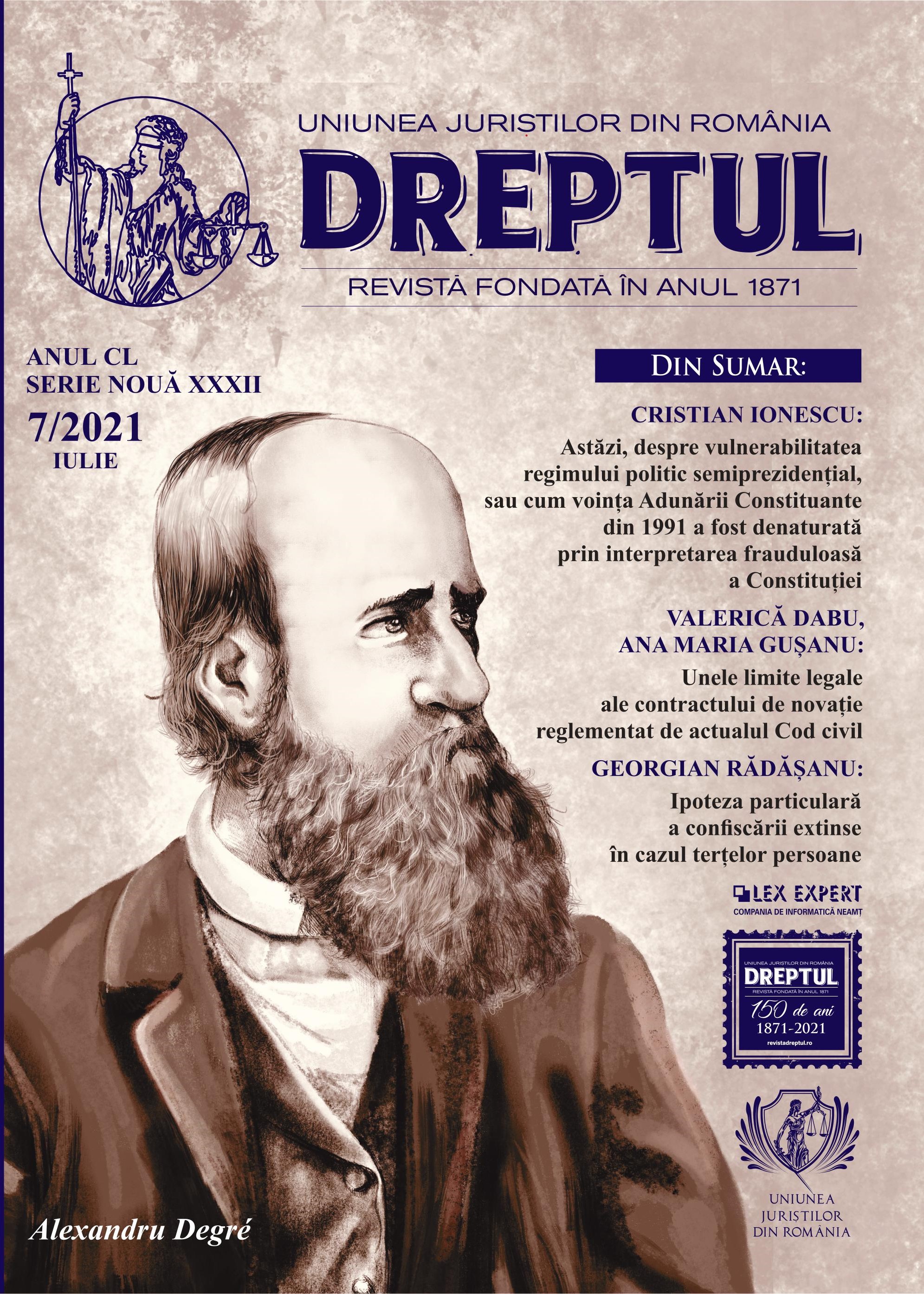Evoluții ale conceptului de flexicuritate în materia telemuncii
Evolutions of the concept of flexicurity in the matter of telework
Author(s): Maria Violeta DucaSubject(s): Labour and Social Security Law
Published by: Uniunea Juriștilor din România
Keywords: telework; flexicurity; the right to disconnect; working time; smartworking;
Summary/Abstract: As a result of the measures taken at the level of the Member States in order to combat the COVID-19 pandemic, the statistics show that the number of teleworkers has increased and, at the same time, telework can become an „endless job” with negative effects on the mental and physical health condition of teleworkers.In this context, at the level of the European Union, it was appreciated that it is necessary to secure the labour relations of teleworkers by unification of the legislations of the Member States in terms of the right to disconnect. The implicit way of regulating this right, which also exists in Romania, does not create an adequate protection for teleworkers.Exercising the right to disconnect implies a clear delimitation of the working time and of the rest time and the obligation of employers to monitor and measure the daily working time provided by teleworkers, as it results from the case law of the Court of Justice of the European Union.The role of the social partners is essential for the implementation of the right to disconnect and appropriate individual information measures must be taken in order to ensure that the employee is sensitized and made aware of the risks associated with permanent availability.Artificial intelligence creates the premises for telework to evolve into smartworking, which gives the teleworker full autonomy in choosing the place where he performs work.
Journal: Revista „Dreptul”
- Issue Year: 2021
- Issue No: 07
- Page Range: 53-72
- Page Count: 20
- Language: Romanian
- Content File-PDF

